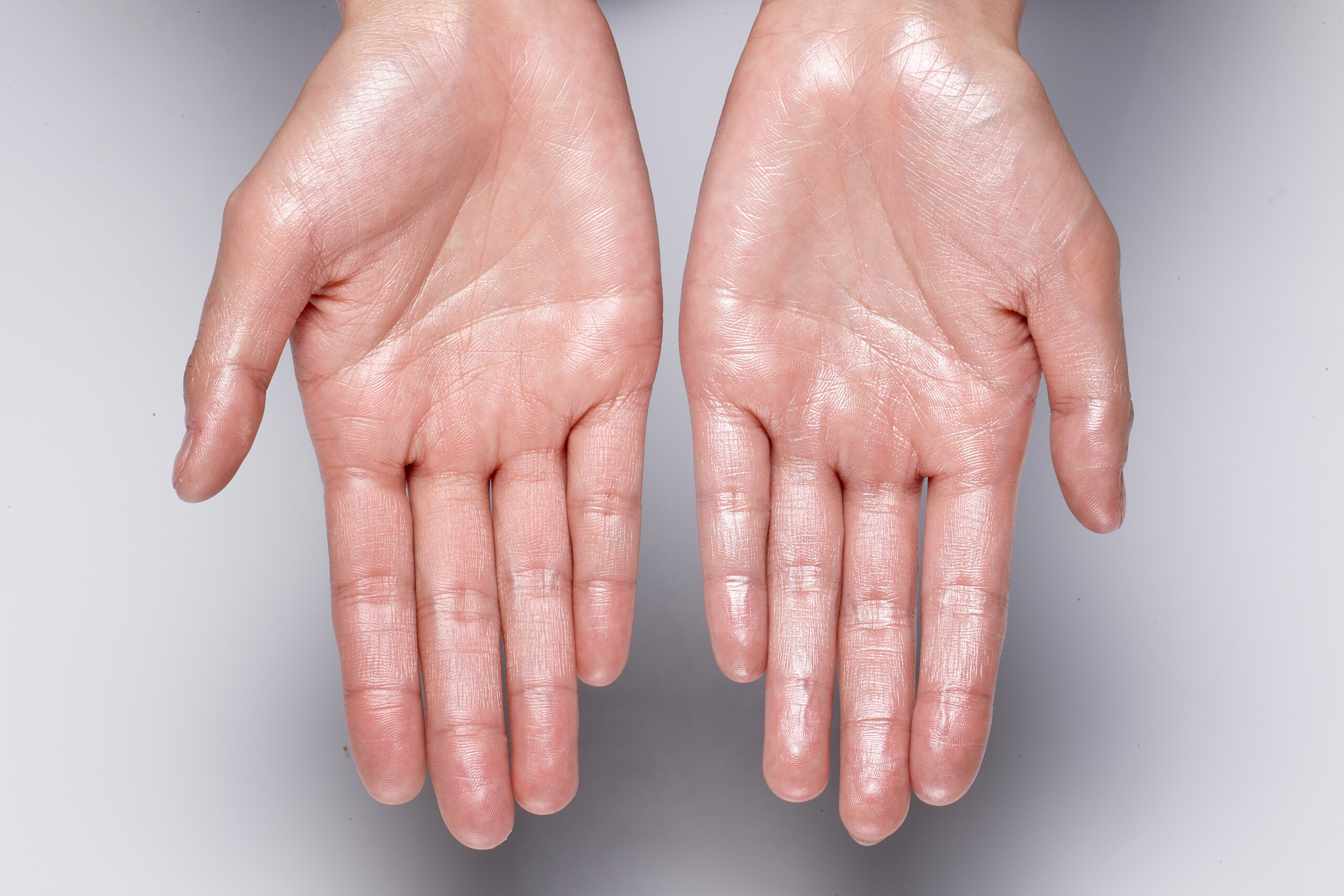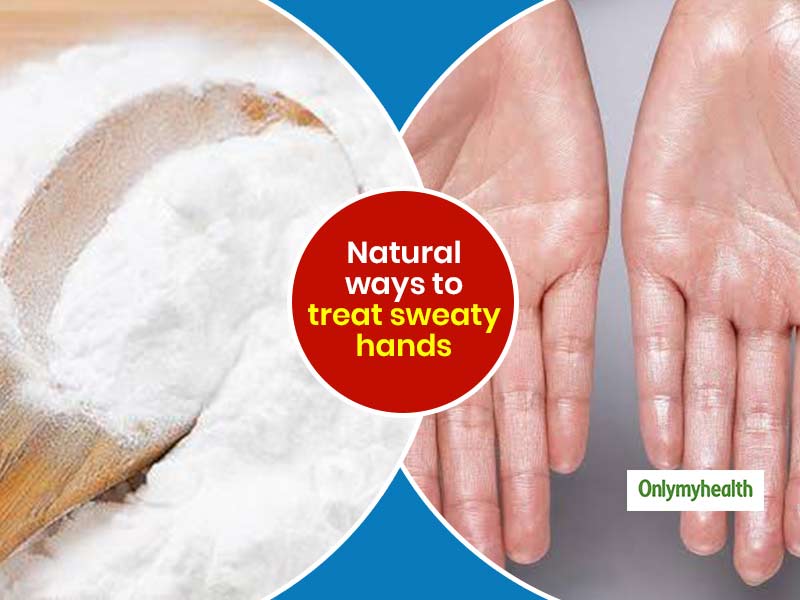Understanding Excessive Sweating: Dermatology Insights on How to Stop Sweaty Hands
Understanding Excessive Sweating: Dermatology Insights on How to Stop Sweaty Hands
Blog Article
Understanding the Source of Excessive Sweating and Its Impact on Day-to-day Live
While it is generally recognized as a physical response to control body temperature, the triggers for excessive sweating can vary widely amongst people, including not just physical variables but also psychological and mental components. By diving into the origin triggers of hyperhidrosis and exploring its multifaceted effects, a much deeper understanding of this pervasive concern can be gotten, shedding light on the intricacies that individuals grappling with too much sweating browse on a day-to-day basis.
Physiology of Sweat Glands
The law of sweat manufacturing, a critical physical process, is mainly managed by the task of gland dispersed across the human body. Gland are classified right into two main types: eccrine and apocrine glands. Eccrine glands are one of the most various and are discovered in nearly all areas of the body. They play a crucial function in thermoregulation by producing a watery liquid onto the skin's surface, which evaporates and aids cool the body down. On the other hand, apocrine glands are focused in areas abundant in hair roots, such as the underarms and groin, and their secretions are thicker and milklike in look.
When the body temperature rises, either due to exercise, heats, or emotional anxiety, the nervous system triggers the sweat glands to produce sweat. This sweat is made up mostly of water and electrolytes like salt and chloride. The process of sweat manufacturing is essential for maintaining the body's internal temperature level within a narrow, optimal range, highlighting the critical function gland play in human physiology.
Triggers for Excessive Sweating
In understanding the origin creates of extreme sweating, it is essential to recognize the triggers that can lead to this physiological action. Physical physical effort, high temperatures, and spicy foods are likewise understood to activate extreme sweating in individuals susceptible to this problem.
Furthermore, medications such as some antidepressants, opioids, and specific supplements can also serve as triggers for hyperhidrosis. Comprehending these triggers is important in handling too much sweating successfully - Treatment for hyperhydrosis of hands. By identifying and attending to the specific triggers that motivate excessive sweating in an individual, doctor can establish tailored therapy plans to alleviate this condition and boost the person's quality of life
Medical Issue Associated
Connected with extreme sweating are different clinical conditions that can aggravate this physical action. One typical problem is hyperhidrosis, a condition characterized by unusually raised sweating that goes beyond the body's thermoregulatory requirements. This can materialize in focal locations like the palms, soles, underarms, or face, affecting an individual's lifestyle due to social shame and pain.
Furthermore, endocrine conditions such as hyperthyroidism, diabetes mellitus, and menopausal hot flashes can likewise lead to excessive sweating. Hyperthyroidism causes an overproduction of thyroid hormones, speeding up metabolism and causing sweating.
Additionally, infections like tuberculosis, HIV, and endocarditis have been connected with evening sweats, a common symptom understood to disrupt sleep and affect general wellness. These medical conditions highlight the varied range of underlying variables that can add to excessive sweating, requiring complete analysis and management by medical care professionals.
Psychological and psychological Factors

Impact on Social Communications
Too much sweating can have extensive results on a person's ability to involve comfortably in social communications. The visible signs of sweat spots or wet spots on clothing can cause humiliation and self-consciousness, causing individuals to take out from social circumstances. This withdrawal can affect relationships, limitation social activities, and impede individual and expert growth.

Additionally, the anxiousness and self-esteem issues originating from excessive sweating can impact interaction and social abilities. Individuals might struggle to focus on discussions, take part in team activities, or reveal themselves with confidence. This can result in feelings of seclusion and solitude, as social links become testing to preserve.
Verdict

While it is generally understood as a physiological response to regulate body temperature, the triggers for extreme sweating can differ extensively amongst people, encompassing not only physical variables however likewise psychological and mental elements. By useful source diving into the root triggers of hyperhidrosis and exploring its complex results, a much deeper understanding of this prevalent concern can be obtained, losing light on the complexities that people grappling with excessive sweating navigate on a daily basis.
Physical exertion, high temperatures, and spicy foods are likewise understood to cause extreme sweating in individuals prone to this problem. By recognizing and addressing the specific triggers that prompt extreme sweating in a specific, health care service providers can create individualized therapy strategies to ease this condition and enhance the person's top quality of life.
Too much sweating can have extensive results on an individual's capability to engage comfortably in social communications.
Report this page